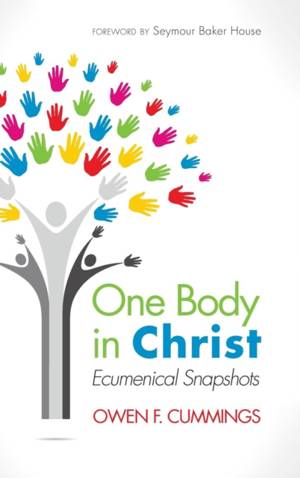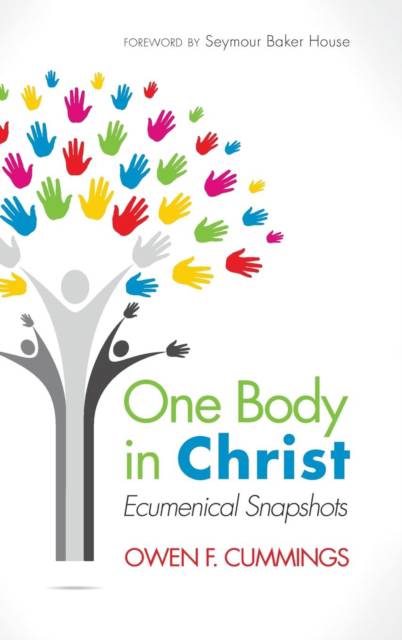
- Retrait gratuit dans votre magasin Club
- 7.000.000 titres dans notre catalogue
- Payer en toute sécurité
- Toujours un magasin près de chez vous
- Retrait gratuit dans votre magasin Club
- 7.000.000 titres dans notre catalogue
- Payer en toute sécurité
- Toujours un magasin près de chez vous
Description
Many feel that work for Christian unity or ecumenism is not especially urgent or important in the complexities of our contemporary world. So many different issues demand the attention of committed Christians--for example, responding to global crises in which people are suffering, developing strong moral stands on a variety of moral problems and challenges, etc. Such issues must remain of major importance to Christians. However, Christians form the one Body of Christ. If that Body continues to remain divided and fragmented, lacking in unity, concord, and harmony, then Christian witness will be singularly diminished. This book attempts to demonstrate the importance of Christian unity/ecumenism by looking at important contributions of individual theologians and important texts/events, mainly of the twentieth century. The use of this book may help theologians and pastors urge forward the practice of ecumenism so that in God's time divided Christians may all be one. ""How do the different Christian traditions understand the church? Owen Cummings's helpful little book brings together ecumenical 'snapshots' from Anglican, Catholic, Methodist, and Presbyterian perspectives. The result is a useful step toward ecclesial reconciliation."" --Thomas P. Rausch, T. Marie Chilton Professor of Catholic Theology, Loyola Marymount University, Los Angeles, CA ""Far more than the series of 'ecumenical snapshots' that Cummings claims, his book offers a convincing and engaging discussion of the lasting importance of ecumenism in modern Christian thought. Tracing presentations of the importance and possibility of ecumenism from John Wesley through Vatican II to contemporary theologians, the book offers a hopeful picture of the past and future of a united church. One Body in Christ is essential (and enjoyable) reading for all those concerned for the future of Christianity."" --Gary Macy, John Nobili SJ Professor of Theology, Santa Clara University, Santa Clara, CA ""This book is a gem. Owen Cummings is a knowledgeable, experienced theologian and a good communicator. He has chosen eight superb texts in which Christians from different traditions make profound points, and he draws out their relevance to the churches today as they relate to each other and to the twenty-first-century world. Through it all he manages to combine wisdom with a passion for the unity of the church in love and truth. The conclusion offers some excellent practical suggestions for using the book and the texts it talks about to help achieve that unity."" --David F. Ford, Regius Professor of Divinity, University of Cambridge, Cambridge, UK Owen F. Cummings is Academic Dean and Regents' Professor of Theology at Mount Angel Seminary in Oregon. He is the author of sixteen books and many articles in theological and pastoral journals. He is also a Roman Catholic permanent deacon of the Diocese of Salt Lake City.
Spécifications
Parties prenantes
- Auteur(s) :
- Editeur:
Contenu
- Nombre de pages :
- 134
- Langue:
- Anglais
Caractéristiques
- EAN:
- 9781498226653
- Date de parution :
- 14-01-15
- Format:
- Livre relié
- Format numérique:
- Genaaid
- Dimensions :
- 152 mm x 229 mm
- Poids :
- 353 g







